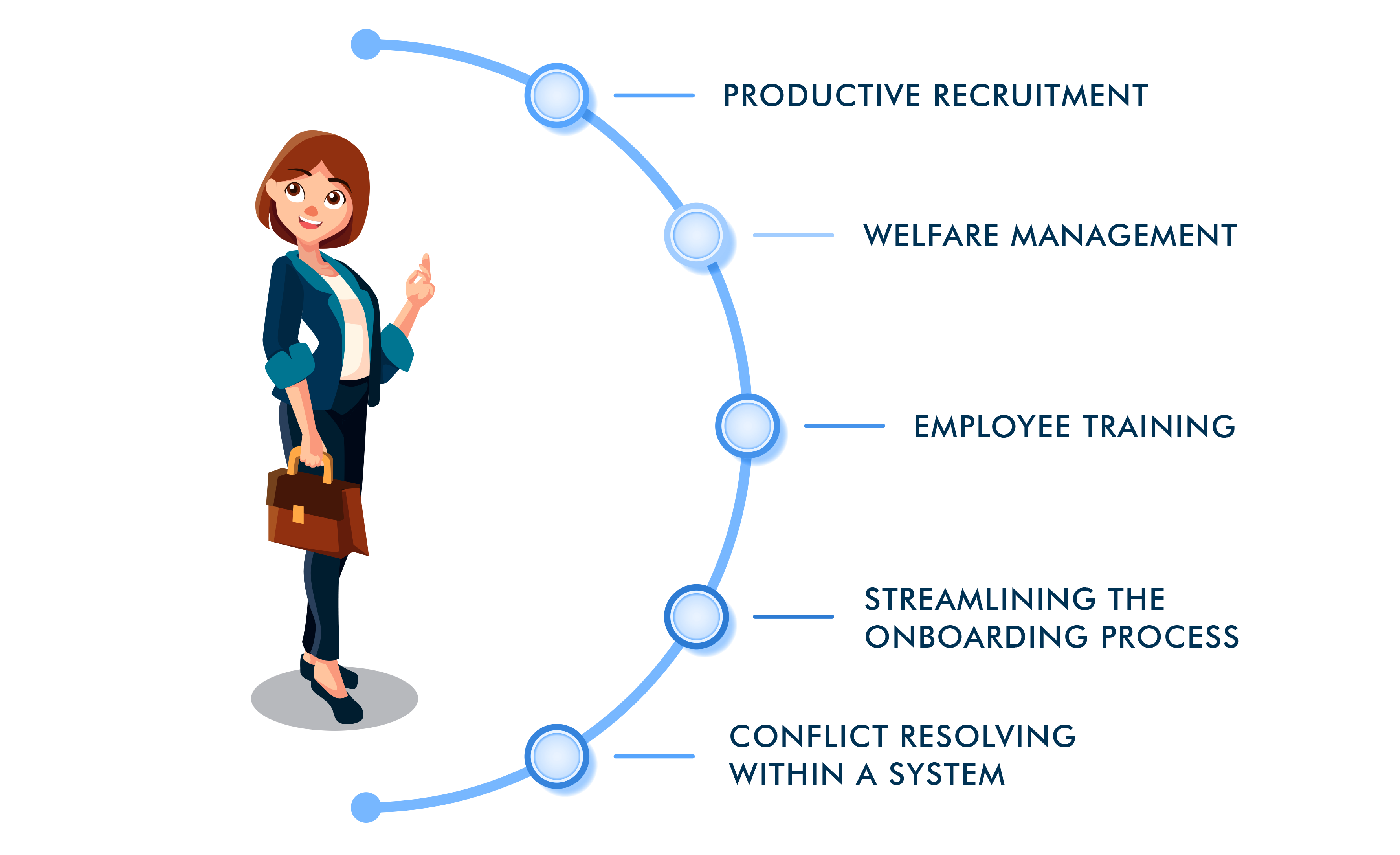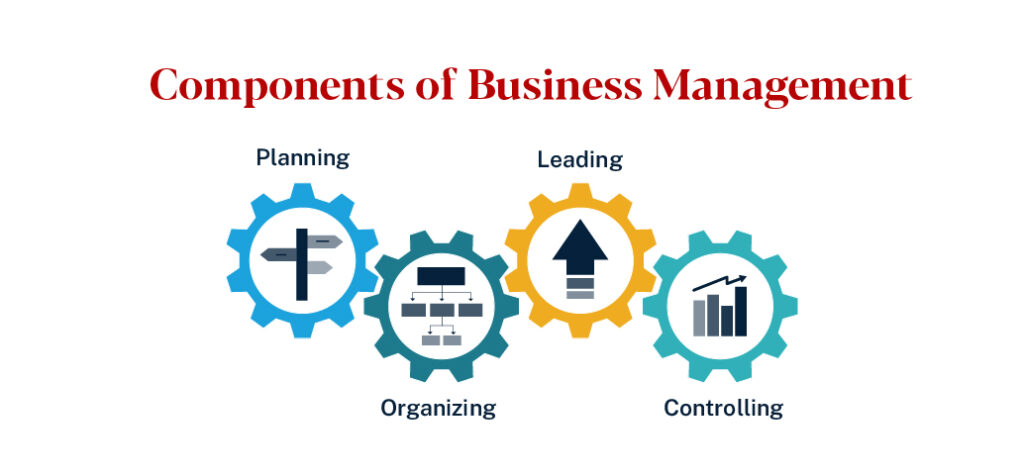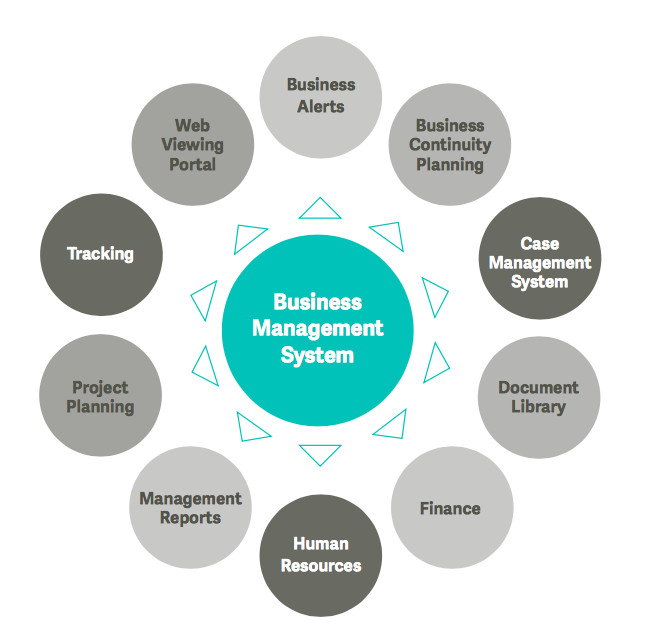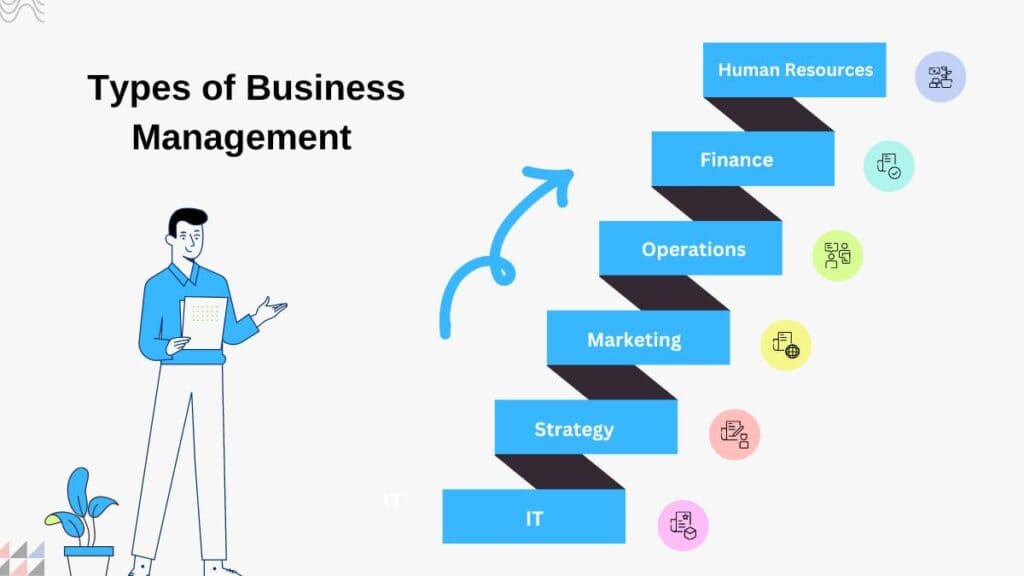
How can we help you today?
Registered Office
Infowan Technologies Pvt Ltd
Mumbai-401107. INDIA.
Contact Details
+91 98201 97205
+91 98201 26871
+91 98670 74415
support@infowan.net
info@infowan.net
What is business management? At its core, business management is the process that enables organizations—from small startups to multinational corporations—to plan, organize, lead, and control their resources effectively to achieve their goals. In today's highly competitive and fast-evolving marketplace, understanding what is business management is more important than ever for any business leader or aspiring manager.

Good business management is the backbone of organizational success because it helps companies stay focused, adapt to change, and optimize their resources for maximum productivity and growth. This article will provide a detailed overview of what is business management, the key functions involved, essential skills managers must have, popular management styles, the impact of digital tools, and how innovative platforms like Infowan's HRMS software can transform your business management practices for better results.
To answer the question what is business management in detail, it is the art and science of coordinating people, processes, and resources to meet organizational objectives. Business management involves several key functions that together enable a company to operate smoothly and achieve success.
For instance, when a startup asks, "What is business management?" it's about how they set their vision, allocate team roles, lead daily operations, and track progress to scale their business effectively. Without solid business management, even the best ideas can struggle to come to fruition.
Understanding what is business management means knowing the many interconnected functions it includes. Successful organizations manage multiple areas simultaneously, including:
Developing long-term visions and setting priorities to guide the business direction.
Recruiting, training, and retaining talent with modern HR software.
Budgeting, managing cash flow, and ensuring financial health.
Optimizing production processes and managing supply chains.
Crafting marketing strategies and driving brand awareness.
Embracing new tools and innovative processes for competitive advantage.

When exploring what is business management, it's critical to recognize the skills required to manage effectively. Business managers must cultivate a variety of competencies:
Ability to inspire teams and make sound decisions.
Clear communication skills for teamwork.
Efficiently prioritizing tasks and resources.
Leveraging analytics for smarter decisions.
Responding positively to change and challenges.

In answering what is business management, it's important to recognize that there isn't a one-size-fits-all approach. Different management styles can shape how teams function and perform.
Managers make decisions unilaterally. Useful in crisis situations.
Managers involve employees in decision-making.
Managers offer minimal supervision. Best for skilled workers.
Leaders inspire change and innovation.
Focuses on structured tasks with rewards or penalties.
Prioritizes serving employees' needs.

The question what is business management today cannot be answered without acknowledging the digital transformation reshaping how companies operate.
Even after understanding what is business management, many organizations face ongoing challenges:
Keeping dispersed teams connected and productive.
Difficulty in extracting actionable insights.
Maintaining morale in competitive markets.
Staying updated with changing laws.
Modern business management relies heavily on technology. Infowan's HRMS platform offers robust features:
Infowan's HRMS helps companies reduce administrative tasks by over 60%, enabling managers to focus more on strategic growth activities.
Discover how our platform can streamline your operations.
In summary, understanding what is business management is vital for any organization aiming to succeed in today's complex environment. It involves mastering core functions like planning, organizing, leading, and controlling, developing essential skills, choosing the right management style, and embracing digital tools.
Q1. What is business management in simple terms?
Business management is the process of coordinating resources, people, and activities to achieve specific organizational goals efficiently and effectively.
Q2. Why is understanding what is business management important?
It helps organizations operate smoothly, optimize resources, and stay competitive in a changing market.
Q3. What are the key functions involved in business management?
They include planning, organizing, leading, controlling, strategic planning, HR management, financial oversight, operations, marketing, and technology management.
Q4. How can business management skills improve a company's success?
Effective skills like leadership, communication, adaptability, and data analysis enable managers to make better decisions and motivate teams.
Q5. What role does technology play in modern business management?
Technology automates routine tasks, provides real-time insights, enhances collaboration, and supports remote workforce management.
Q6. How is business management different from business process management (BPM)?
Business management oversees the entire organization, while BPM focuses on optimizing specific workflows and processes.
Q7. Can small businesses benefit from HRMS software like Infowan?
Yes, HRMS solutions scale to meet the needs of businesses of all sizes, improving efficiency and compliance.
Q8. What are some common challenges in business management today?
Managing remote teams, data overload, employee retention, and regulatory compliance are among the biggest challenges.
Best HR Software in India | Top HR Software in India | What is an HR System? | Online HR Management Software | Best Payroll Software in India | Employee Payroll Management System | What is a Payroll System? | What is Payroll? | What is HRMS? | What is HR Management? | 7 Roles of HRM | What is Human Resources? | Top HR Interview Questions | What is HR? | HR Analytics Explained | What is HR Compliance? | Human Resource Management Guide | Best HRMS System | HR Management System Software | HR Software for Small Business | Best HRMS Employee Self Service | What are the Functions of HRM | Functions of HRM | Human Resource Accounting | Difference Between HRM and HRD | Best HRMS Software in India | Top HRMS Software in India | HRMS Companies in India | What is 3rd party payroll | Payroll Software list | What is payroll management in HR